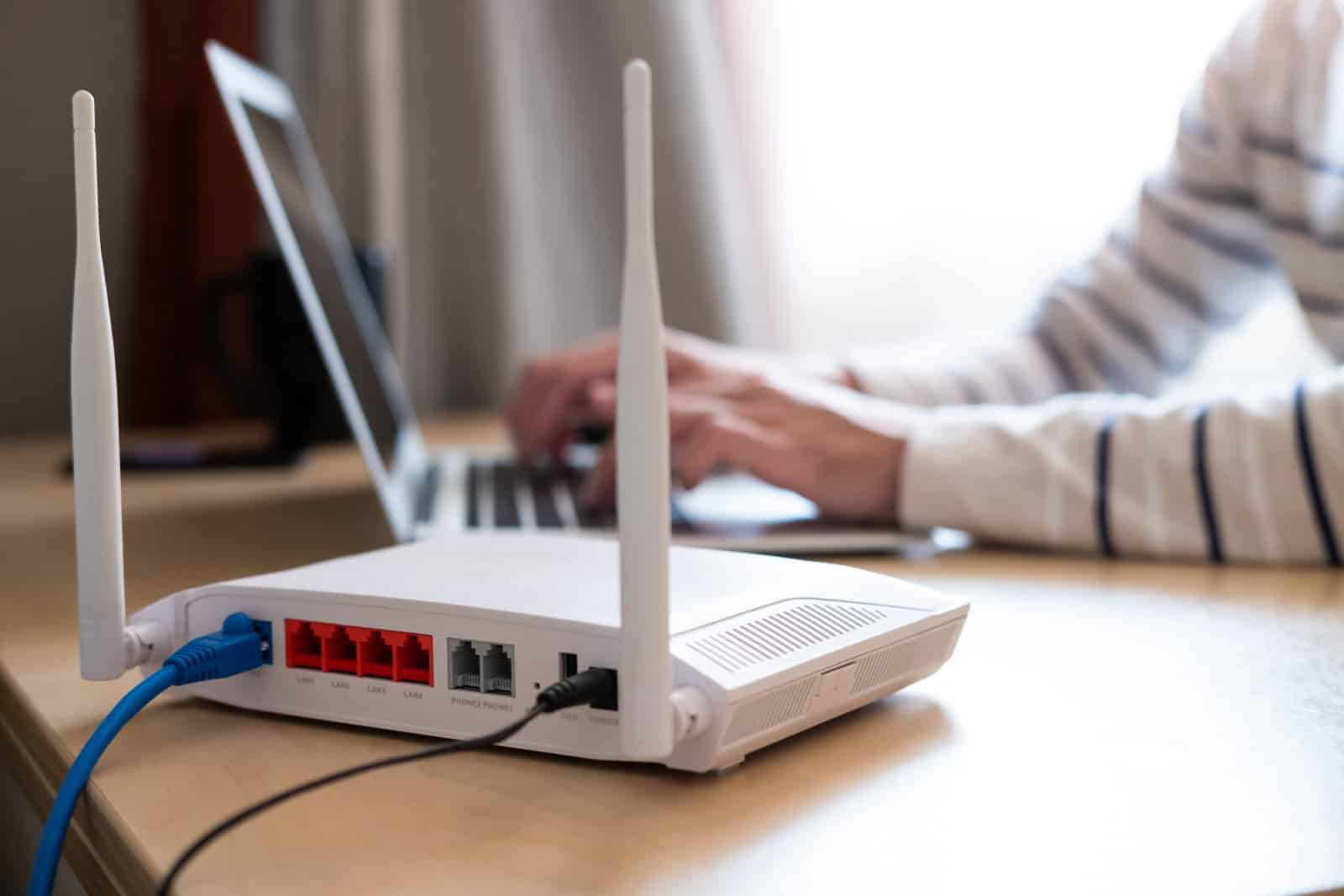The modern way of working has changed many people’s lives, with many experiencing both the benefits and challenges of working from home. But what will working from home do to improve your family life? This article will give you an idea of whether you should consider a remote working life.
Nature of Your Work

The first factor to consider is the nature of your work. Some jobs are perfect for working from home, and require little to no office time. Other jobs require a more hands-on approach and aren’t suited to working from home, like healthcare, or retail.
Your Work Style

This is something that only you can understand about yourself. Are you self-motivated and disciplined, able to manage your time effectively without supervision? If so, working from home could be a good fit. But if you prefer structure and social interaction, you might find remote work challenging.
Your Home Environment

The third consideration is your home environment. Do you have a quiet, dedicated space where you can work without interruptions? If your home is more hectic than the usual working area, it might be difficult to concentrate on important projects and could damage your professionalism in meetings.
Family Considerations

Family dynamics play a crucial role and if you have young children who need attention, working from home might make your job even more challenging than usual. On the other hand, it could also provide more flexibility for childcare and give you more time with your loved ones.
Work-Life Balance

Your work-life balance is so important for overall happiness in your life. Working from home can make it difficult to remain disciplined due to so many distractions, so it’s important to establish boundaries to ensure you have time to relax and unwind while hitting those targets.
Communication

Communication with colleagues can be more challenging when working remotely since there are no face-to-face exchanges, making it hard to understand the meaning behind messages. There are also technical problems that arise. But, with the right tools and strategies these difficulties can be overcome.
Productivity

Some people find they’re more productive working from home, free from office distractions. But if you know you’re someone who struggles to stay focused, it might be best if you commute to the office instead. This is another decision that only you know the right answer to, and you must be realistic with yourself.
Health and Well-being

Depending on the type of person you are, your health can either be greatly benefited or drastically damaged while working from home. Working from home can reduce the stress of commuting and getting to work on time, and allows more room for exercise during lunch. On the other hand, you may find yourself never leaving the house or getting your steps in!
Flexibility

One of the biggest advantages of working from home is the flexibility it offers. If you have the luxury of choosing your hours, you can work at a pace that suits you. If you’re struggling to fit the hours in the day to achieve other goals, then you’ll have more time to do so in a remote working environment.
Cost Savings

Working from home can lead to significant cost savings, as you’ll spend less on commuting, work clothes, and eating out. You’ll have time at lunch to prepare and cook food and you can do home workouts instead of paying for a gym.
Technology

Do you have the necessary technology and a reliable internet connection to work effectively from home? Be honest with yourself about your capabilities, if you live in a remote area with poor Wi-Fi, it may be best to take your important meetings in the office.
Learning Opportunities

Some people worry that working from home might limit their learning and development opportunities, which can be true in cases of new employees looking to shadow experienced workers. However, many companies now offer online training and development programs, so you can learn new tech skills that will help you in your remote working environment.
Career Progression

Another consideration should be whether working from home will impact your career progression. Some people worry they might be ‘out of sight, out of mind’ when it comes to promotions, but this can be countered if you make more of an effort to build relationships.
Company Culture

How does your company view remote work? Is it encouraged and supported, or is there a preference for office-based work? If you’re a company owner and you want to allow remote workers, consider different ways you can keep up your company culture to keep morale.
Security

Depending on your job, there may be security issues to consider. You’ll need to ensure you can protect any sensitive information while working from home.
Trial Period

If you’re unsure whether working from home will suit you, one idea that could help is the suggestion of a trial period of working from home with your boss. See how it suits you and your family, and whether it affects your productivity.
Making the Decision

The decision to work from home should be based on a careful consideration of the above factors, and what’s best for you and your family. Some of the considerations can only be decided by you, so make sure you know yourself inside out before you jump into a remote job.
No One-Size-Fits-All

There’s no one-size-fits-all answer to whether working from home is the best option. It depends on individual circumstances and preferences, so if you want to spend more time with your newborn baby, working from home is recommended. If you’re a social person who lives on your own, it may not be the way to go.
Conclusion

In conclusion, working from home can offer many benefits, but it’s not without its challenges. It’s important to weigh these up and make the decision that’s right for you and your family.
The post 18 Critical Factors to Consider if You Decide to Work Remotely first appeared on Liberty & Wealth.
Featured Image Credit: Shutterstock / Dragana Gordic.
The content of this article is for informational purposes only and does not constitute or replace professional financial advice.

